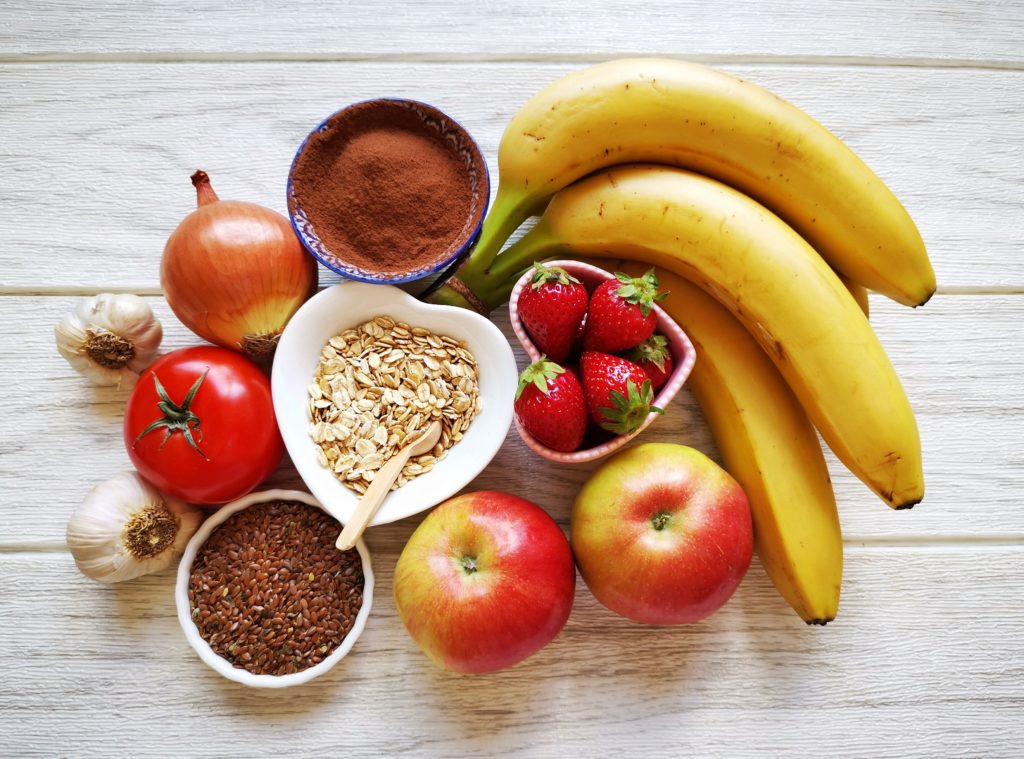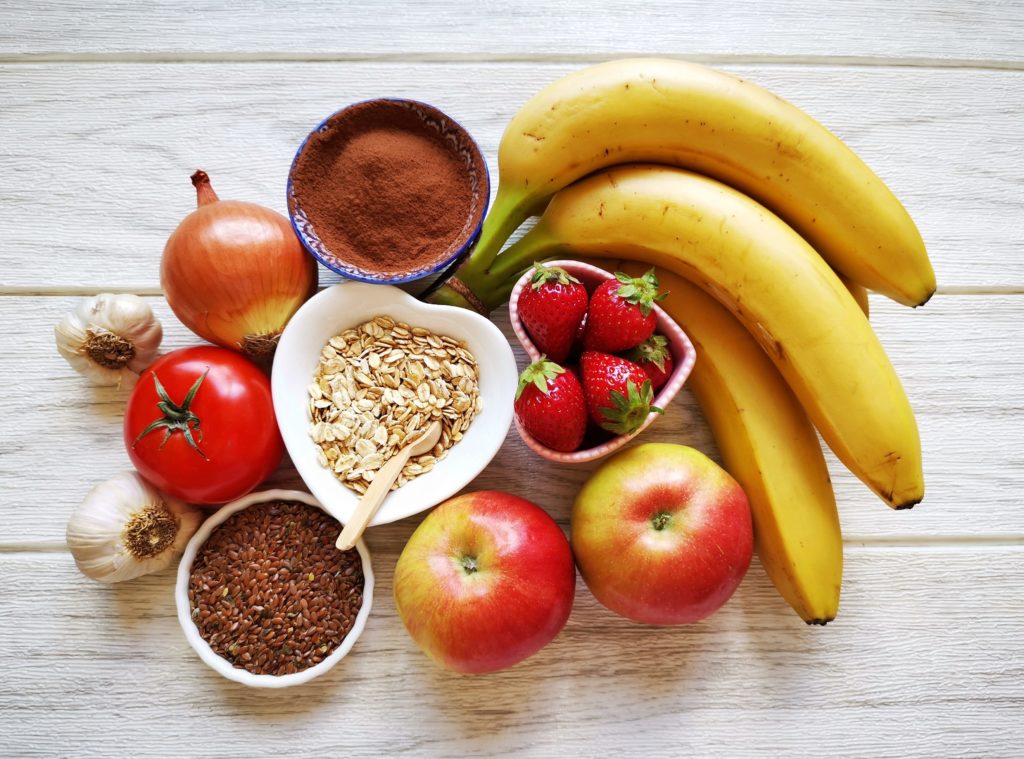Repositioning Fiber as an Aspirational Ingredient
Consumers are actively trying to include more fiber in their diets
Globally, consumers are aware of dietary fiber. FMCG Gurus consumer insights reveal that 92% of people worldwide recognize the ingredient. This suggests fiber is widely seen as a fundamental part of a healthy diet. While many consumers may not know the exact amount of fiber they should consume daily, or how much they currently get, fiber remains a nutrient people actively try to include in their meals. Most prefer to obtain it through food and drink rather than supplements. However, one key barrier to greater fiber consumption is its image. Despite fiber being recognized for its benefits, it is often viewed as bland and unexciting. This perception can reduce consumer motivation to seek out high-fiber options. It's a challenge the industry must address.

Fiber is primarily linked to digestive health and weight control
According to FMCG Gurus, 54% of consumers who are familiar with fiber associate it with benefits for digestive health. This association is rooted in long-standing beliefs about fiber's role in promoting regular bowel movements and relieving symptoms like constipation. However, these perceptions stem from a time when digestive health was rarely discussed openly. In addition, such symptoms have carried social stigma rather than being viewed as indicators of overall wellness.
Today, understanding of the gut microbiome and its connection to general health continues to deepen. As this happens, it's important to shift the conversation around fiber. The traditional image of fiber as a “functional necessity” must evolve. Additionally, fiber is linked to weight management due to its ability to promote feelings of fullness. This benefit should be emphasized, especially as many consumers are increasingly concerned about weight gain.

Despite these benefits, most consumers aren’t increasing their fiber intake
Although consumers acknowledge that poor diet and lifestyle habits negatively impact digestive health, and recognize fiber’s role in improving it, only 20% have actively tried to eat more fiber-rich foods in the past year. This is significantly lower than the number who report gut health concerns or symptoms.
There’s also a clear age-related trend: Baby Boomers are the most likely to have increased their fiber intake, likely due to long-standing beliefs about its importance for regularity. In contrast, Gen Z consumers are the least likely to do so, suggesting younger generations are less motivated to prioritize fiber. This points to a broader need to reposition fiber in a way that makes it feel modern, exciting, and desirable, similar to how protein has been successfully rebranded in the sports nutrition market, where many people seek to consume more even when their current intake is sufficient.
Rebranding fiber: From boring to aspirational
Some current marketing approaches may be reinforcing outdated views of fiber. While these campaigns often align with brand heritage, they can also be seen as reinforcing the idea that fiber is functional but dull, potentially missing the opportunity to present fiber in a more appealing and vibrant light.
Conversely, almonds, a naturally fiber-rich food, have faced similar challenges in perception. However, the Almond Board of California has sought to change this through campaigns styled after sports nutrition marketing. These efforts link almonds and fiber to energy, fitness, and active lifestyles, an approach that resonates well in an era where consumers are increasingly evaluating health based on how energized and physically capable they feel, both mentally and physically.
Discover more with FMCG Gurus’ Trend report: Opportunities in dietary fiber – 2025. For more details, contact us at info@fmcggurus.com.














